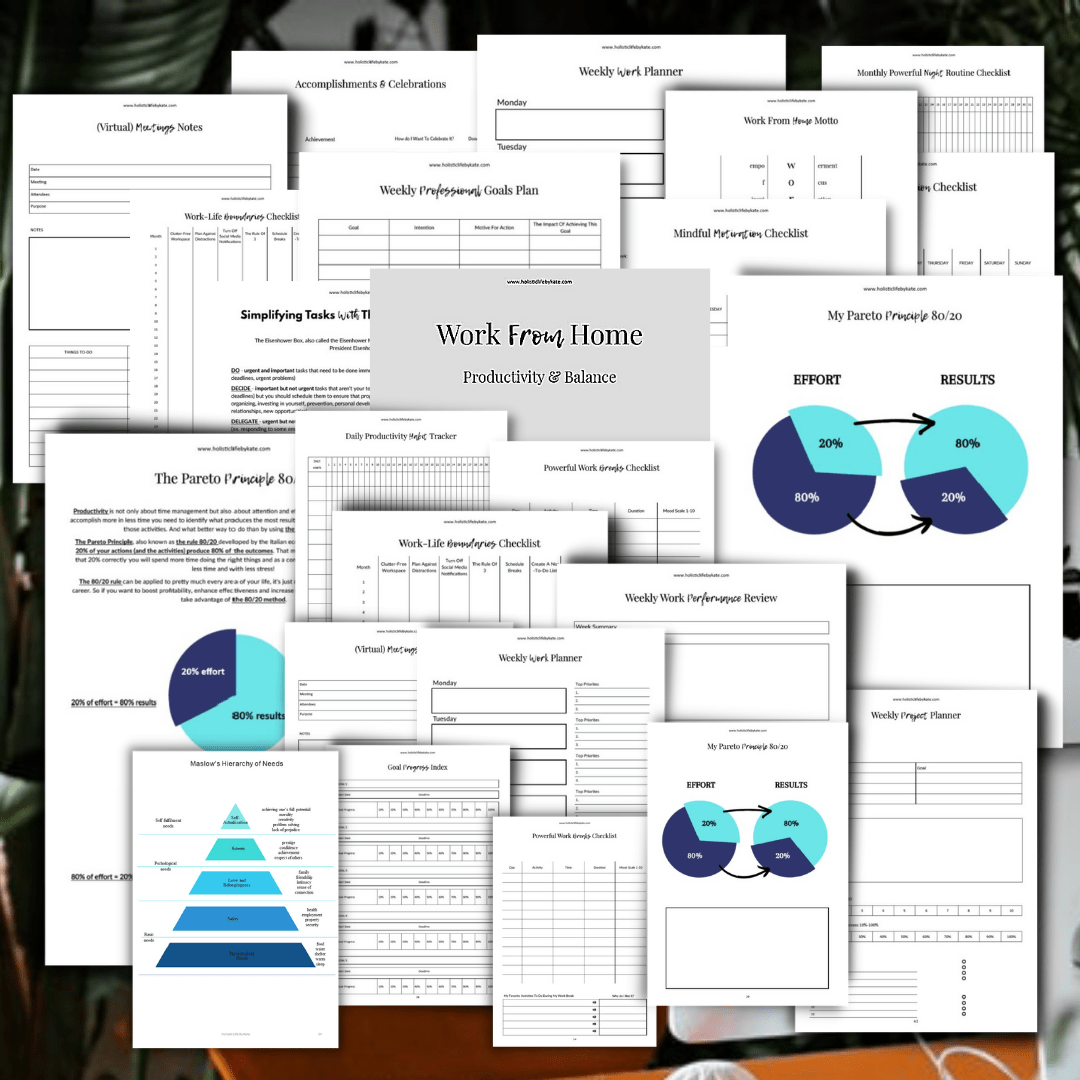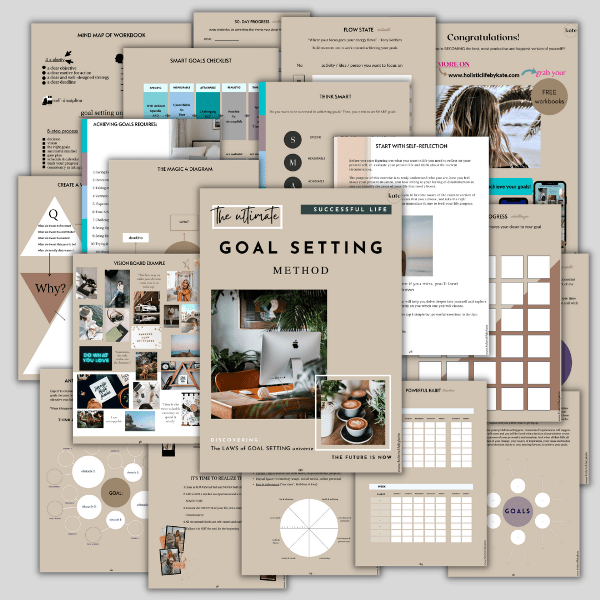
The Problem With Judgement
Life is busy, stressful, unpredictable and chaotic. Everyone struggles with their own issues and problems. Everyone is recovering from something. Everyone feels happy sometimes. And we all experience this horrible feeling of standing on the edge of life crying for help and waiting for someone to save us at least once in our lifetime. It’s normal. It happens to everyone. But when it happens it’s important to find the courage and ask for help. Because no one should suffer in silence.
Regardless of our personal experience, level of functioning or resilience everyone feels hopeless, depressed, discourage, anxious and about to panic sometimes. We all need some support, words of encouragement or even a pat on the back sometimes. And that’s ok. We are all only human. And humans, like many other animals, need each other. No one can do everything by themselves no matter how optimistic they are. Well, because sometimes a positive attitude is simply not enough to survive difficult times in life.
We like to compare ourselves to others and think about how we would feel and behave if we were in the exact same situation as someone else. So we analyze a hypothetical situation in every single detail without realizing that we’re only feeding our ego. That’s a bit pathetic and extremely judgemental, don’t you think? But we all do it. It’s one of those thinking traps we all fall into. But we prefer to live in this safe cognitive dissonance because it’s much easier. But the truth is that no one will never understand how they would feel or behave in a particular situation until they experience it by themselves.
Let me give you an example from my own life. When I was 16 my best friend developed Anorexia Nervosa. I tried to support and help her as much I couldn’t shake the feeling that she chose this illness for some reason.
I remember telling myself: “I will never develop an eating disorder because I’m so self-conscious and so mentally strong…” and you know what? 3 years later I end up in a hospital with a diagnosis of severe anorexia nervosa… I couldn’t understand how that happened. I mean, I was so smart… No actually, I was stupid and extremely arrogant. I should have focused on supporting her instead of judging her and her health condition.
Since then my entire understanding of mental health completely changed. Suffering myself from an eating disorder and severe depression for years and having lots of friends that had or still have some mental health issues I learned a lot about mental health. I realized how easy for us is to judge others without knowing anything and I mean ANYTHING about them. Well, judging others is just much easier that trying to understand someone else’s life story. That’s the sad truth…
These last few years have humbled me and taught me a lot about how to support people with mental illness. I am not a psychiatrist, therapist or any kind of mental health professional but for some reason I talked with many different people about their mental health problems what helped me to understand better how to support a friend or relative or any other person you know with their mental health. This is what I’ve learned so far:
find your tribe
" data-medium-file="https://i0.wp.com/holisticlifebykate.com/wp-content/uploads/2019/06/mentalhealthsupport.jpg?fit=300%2C200&ssl=1" data-large-file="https://i0.wp.com/holisticlifebykate.com/wp-content/uploads/2019/06/mentalhealthsupport.jpg?fit=800%2C533&ssl=1" data-lazy-sizes="(max-width: 800px) 100vw, 800px" srcset="data:image/gif;base64,R0lGODlhAQABAIAAAAAAAP///yH5BAEAAAAALAAAAAABAAEAAAIBRAA7">23 Ways To Support A Person With Their Mental Health
Acknowledgment
- Make them feel heard and accepted
- Show them they matter
- Remind them that it’s ok not to feel ok
- Speak your appreciation for their journey
No Judgment Just Love
- Try not to judge their words, behaviors, and feelings
- Accept them for who they are
- Avoid telling them what they should and shouldn’t do
- Be mindful of the tone of your voice
- Don’t patronize them
The Power Of Listening
- Be an attentive listener
- Give full attention to them while they are speaking
- Make them feel heard but not judged
Patience
- Prepare yourself for talking about the same topics and fears over and over again
- Be forgiving and don’t guilt trip them for their behavior
- Focus o their needs
Emotional Triggers
- Help them identify their emotional triggers
- Teach them to respond not react
- Help them create an emergency response plan and walk them through it in advance
- Come up with an emergency code world just in case
Coping Skills
- Help them to develop healthy coping skills
- Encourage them to create a self-care journal
- Get informed about pet therapy and offer to go with them
- Teach them to visualize a peaceful place in stressful moments
- Help them develop their problem-solving skills
Words Of Encouragement
- Encourage them to talk to you about how they feel openly
- Encourage them to express their emotions in a healthy way
- Teach them to track their mood
- Remind them that thoughts are not facts
Mindfulness Is The Answer
- Teach them to focus on a present moment
- Teach them breathing exercises for relaxation
- Practice guided meditation together
- Teach them progressive muscle relaxation
- Encourage them to start a Gratitude Jar (a visual reminder of remarkable things that have happened) - take an old-fashioned glass jar, put in a special place and encourage them to write down what they are grateful for and then add these “grateful notes” to their “Gratitude Jar”
- Buy them a mindfulness coloring book
Feel Good Experience
- Encourage them to say out loud positive affirmations
- Help them to work on positive self-talk
- Teach them the mirror technique - stand with your friend in front of the mirror and practice positive self-talk
- Encourage them to challenge their negative self-talk
- Encourage them to practice self-compassion and self-love
- Teach them to focus on positives
The Power Of Support
- Be their tribe
- Hug them
- Help them with daily activities
- Teach them asking for help
- Offer to get a professional help
- Offer them hope
- Find a support group - a group of people they can relate to
The Importance Of Being Prepared & Well-Organized
- Encourage them to make plans for future
- Teach them to manage their time effectively
- Help them to set realistic measurable goals
- Help them to create an effective action plan
- Offer your help with making a powerful to-do list
Creative Potential
- Encourage them to take some course or class to learn some new things and offer to go with them
- Encourage them to try an art therapy
- Make a collage from your favorite photos together
- Help them create a vision board
- Teach them to boost their happy hormones naturally
- Plan and organize some cooking/baking extravaganza
Safety & Comfort
- Remove them from a stressful situation
- Teach them to use their senses to reassure themselves
- Teach them healthy stress relief techniques
- Take the lead in moments when they are struggling with their emotions
Respect Is The Key
- Respect their limits
- Encourage them to go outside their comfort zone but don’t put pressure on them to do that
- Encourage them to cultivate self-improvement and personal development but don’t try to change them
The Healing Power Of Nature
- Encourage them to go outside and get some natural vitamin D
- Organize a panic for two - bring a picnic basket filled with delicious and healthy food
- Go for a long walk in the park
- Encourage them to hug a tree
- Organize a small trip out of town to discover new places
Power of Distraction
- Teach them to distract and find the humor in the situation
- Make them laugh
- Organize Netflix and chill, food, movie night
- Have a big night planned - puzzles, ping-pong, board games
Sweat It Out
- Help them to develop a daily workout routine
- Teach them about the mental benefits of physical activity
- Encourage play, exercise or even stretching
- Encourage them to go for a mindful walk
Mindful Relaxation
- Teach them mindful relaxation
- Encourage them to do something pleasurable
- Encourage them to fuel their passion
- Go out with them for lunch
- Cultivate the sweetness of doing nothing
Self-Care Like A Boss
- Help them develop an effective self-care routine
- Help them develop powerful daily habits
- Encourage them to get quality rest
- Help them declutter their external personal space aka clean their room
- Encourage them to eat a healthy and balanced diet
The Importance Of Commitment
- Be there for them
- Spend as much time with them as you can
- Stay in regular contact - call them and send messages to check up on them
- Don’t abandon them even if it’s hard to cope with a stressful situation
- Keep your promises
Embrace Progress Not Perfection
- Track the progress they make every day - writing down tiny achievements every day increases self-confidence
- Teach tehm to celebrate every achievement even the smallest one - every step forward is a step in the right direction
- Teach them to embrace progress, not perfection
- Tell them that you are proud of them
Knowledge Is Power
- Take time to educate yourself and learn more about their health condition
- Don’t be afraid to ask for a professional help
- Encourage them to read about their health condition
Take care of yourself
- Look after yourself
- Cultivate self-care
- Practice healthy daily routine
- Get quality rest
how to support a friend with mental health
" data-medium-file="https://i0.wp.com/holisticlifebykate.com/wp-content/uploads/2019/06/howtosupportafriendwithmentalhealth.png?fit=200%2C300&ssl=1" data-large-file="https://i0.wp.com/holisticlifebykate.com/wp-content/uploads/2019/06/howtosupportafriendwithmentalhealth.png?fit=683%2C1024&ssl=1" data-lazy-sizes="(max-width: 683px) 100vw, 683px" srcset="data:image/gif;base64,R0lGODlhAQABAIAAAAAAAP///yH5BAEAAAAALAAAAAABAAEAAAIBRAA7">Stay Positive
Be Mindful
And Support Others
xx Kate















4 thoughts on “23 Ways To Support Your Friend Or Relative With Their Mental Health”
We all set our own traps. It’s easier to recognize our friends’ traps and for them to see ours, so talking is always good. I like the mindfulness steps you’ve listed.
“We all set our own traps” - that is so true! That’s a… good point! These are the ego traps that block our freedom, progress, and personal growth. Sometimes it’s so hard to realize that. Ego can be our worst enemy until we learn to control it. Being honest, I’m still falling into my ego traps but I’m definitely getting better in overcoming them 😁 Thank You for your valuable comment!! Take care and have a wonderful week! 😗😗
I think many people can find it very difficult to know how to approach conversations about mental health, let alone how to support a friend or loved one in a meaningful way. Actually, on the other side of that from the person with the mental health concerns, it can be hard to know what to ask for or what help we want/need, which can lead to a bit of a stalemate. Thank you for sharing the things you’ve learned along the way when talking to others - These tips just go to show what a thoughtful, reliable and compassionate friend you are!
Caz xx
Being completely honest, I didn’t know how to support a friend, relative or any other person with their mental health until I needed this kind of support myself. Then I finally realized what is helping and what can only worse mental health problems of a person we try to help. Of course, I’m not saying that I know exactly how to do it because everyone is different and you really need to understand the context of someone’s situation first to be able to give them more personalized support but I believe I’m becoming better with it. I think that my battle with depression, anxiety, and anorexia has taught me a lot about respect for all living things and about mental health in general. So I guess, you can always turn a bad situation around and turn it into a good one. We have always more than one option but to be able to see that we need to be humble, control our ego, pay more attention and always try to look at things from a different angle. THANK you for your comment!! This means so much, you don’t even know!! Have a beautiful day and wonderful week!! 😗😗